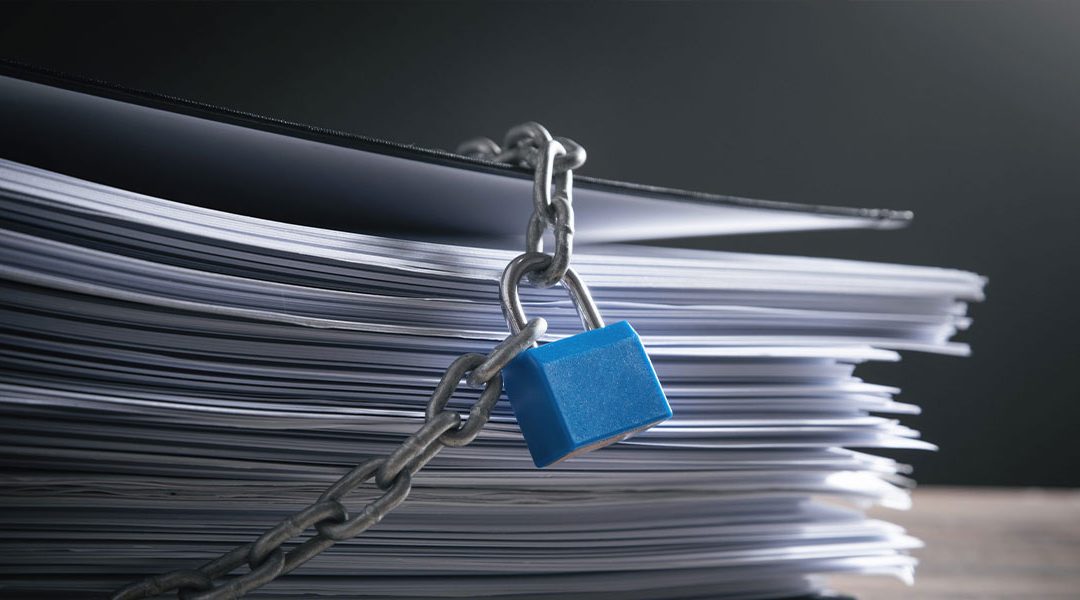I am hoping that most of you reading this already have prepared (and signed) a Will, Power of Attorney and maybe even a Trust document. A question I always get from my clients is: now what do I do with these documents? If you are having the same questions, this article is for you.
Before we get to the subject of storing, there are certain people who need to be given a copy of these documents. First, the healthcare power of attorney and living will should be given to your primary care physician. At your next office visit, bring these documents and have your doctor’s office include make a copy for your chart. That way if there is an emergency, your doctor will have your power of attorney’s contact information. Next, give your financial power of attorney to your accountant, financial planner and local bank branch. Because of the prevalence of fraud and elder financial abuse, it is very difficult for a power of attorney to act on your behalf unless you physically give your power of attorney to the bank or financial planner.
Now, on to safe keeping. My preference is to keep your documents in your possession, in a safe place, in your house. The perfect location would be a fireproof/water proof lockable safe or other type of box. Then you would tell your Power of Attorney, Trustee or Executor how to get into this safe or box when needed (and maybe even provide them with a key). The advantage to having documents at home is that they can be accessed on the weekend and at night, when other places are closed.
Keep in mind that it is possible to record or deposit any type of estate planning document you have, either with your county recorder or with your local probate court. However, in the event you update your document, it would need to be re-recorded or re-deposited. It may be easy to forget to do this.
Another option is a safe deposit box. These used to be very popular, but not as of late. First, not all bank branches have safe deposit boxes and there is typically a fee to maintain one. Next, you cannot simply give another person the key and expect that they can access it. If you want someone else to access this box, you have to list this person as a co-owner on the box. This is a step that is often forgotten and thus the box cannot even be opened when needed.
So, make sure to give these documents to these important people and then keep them in a safe place!


